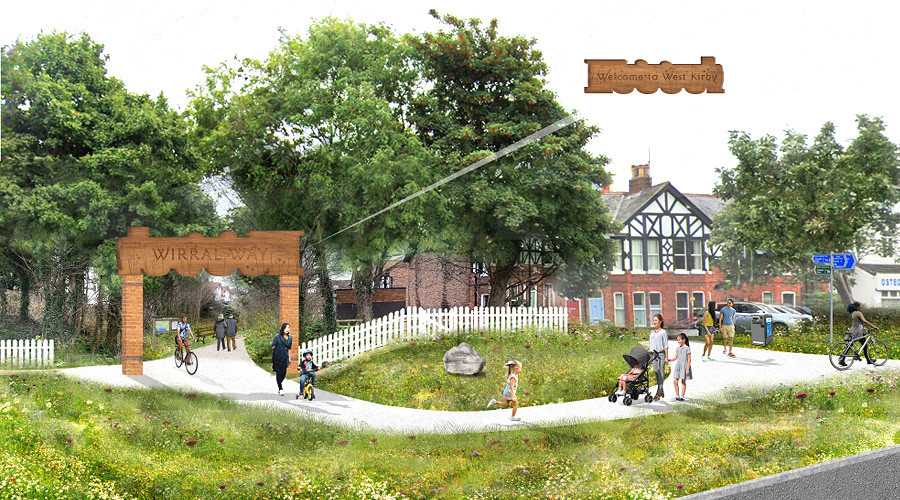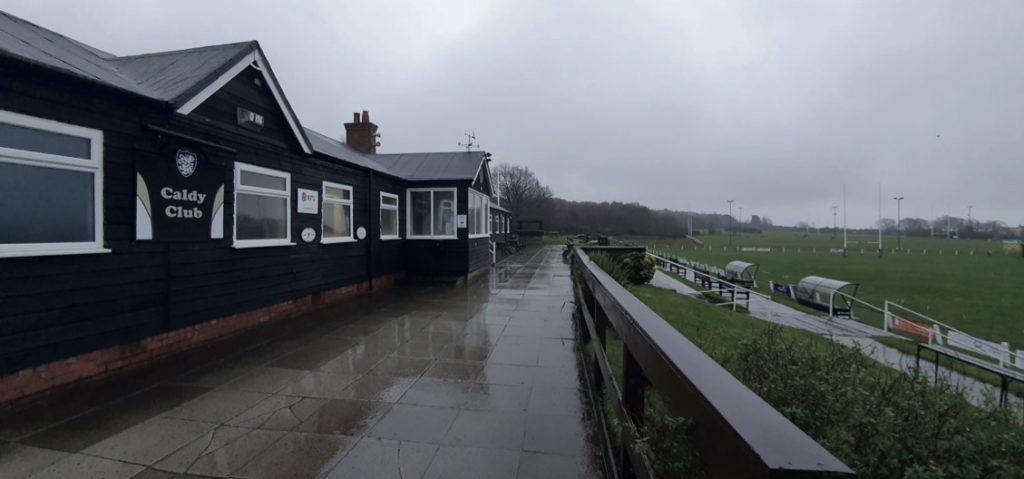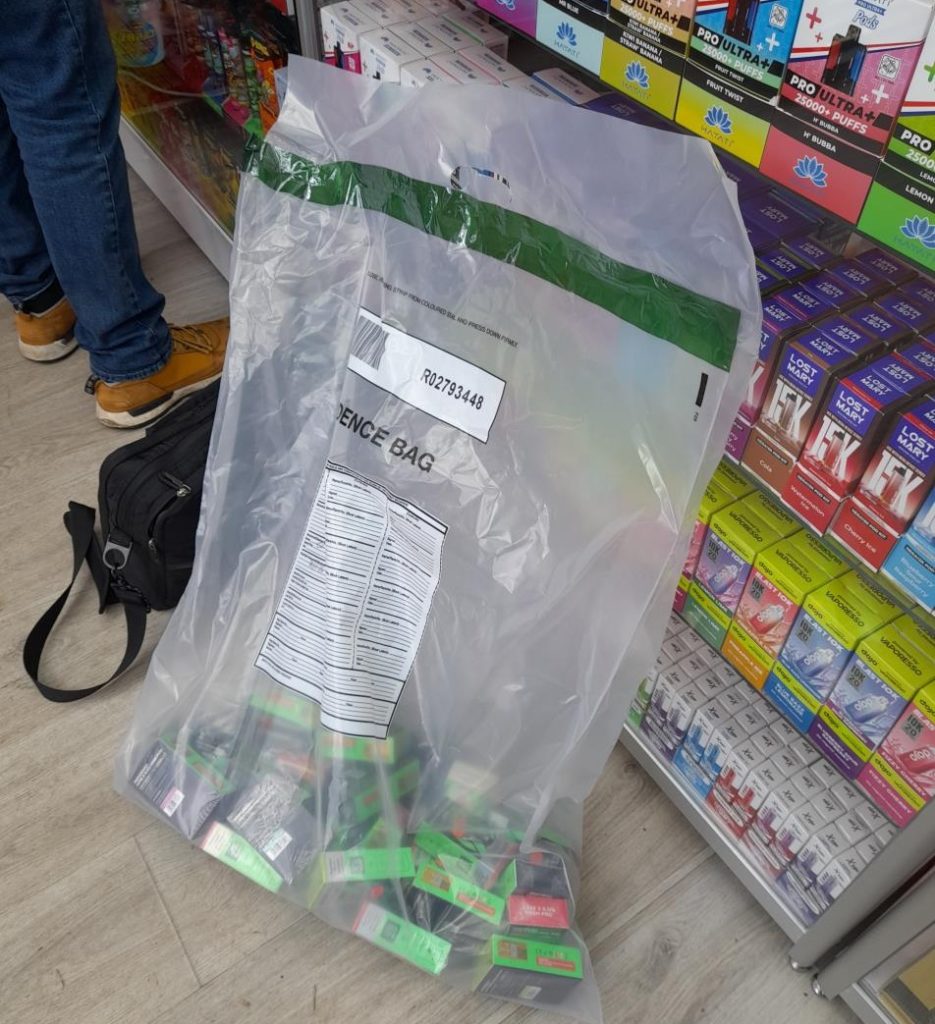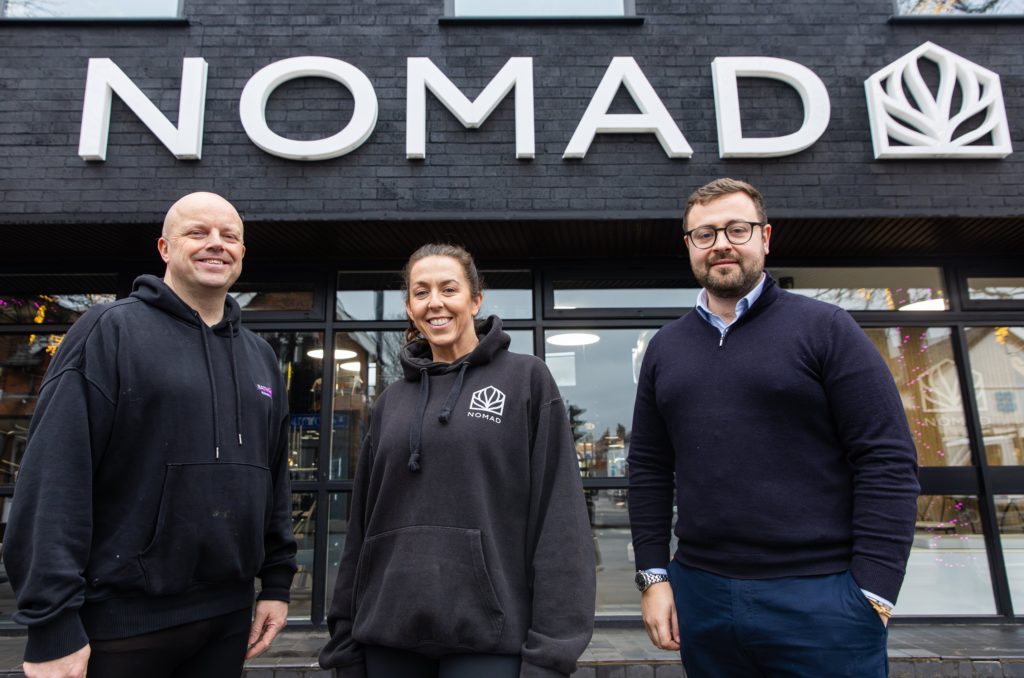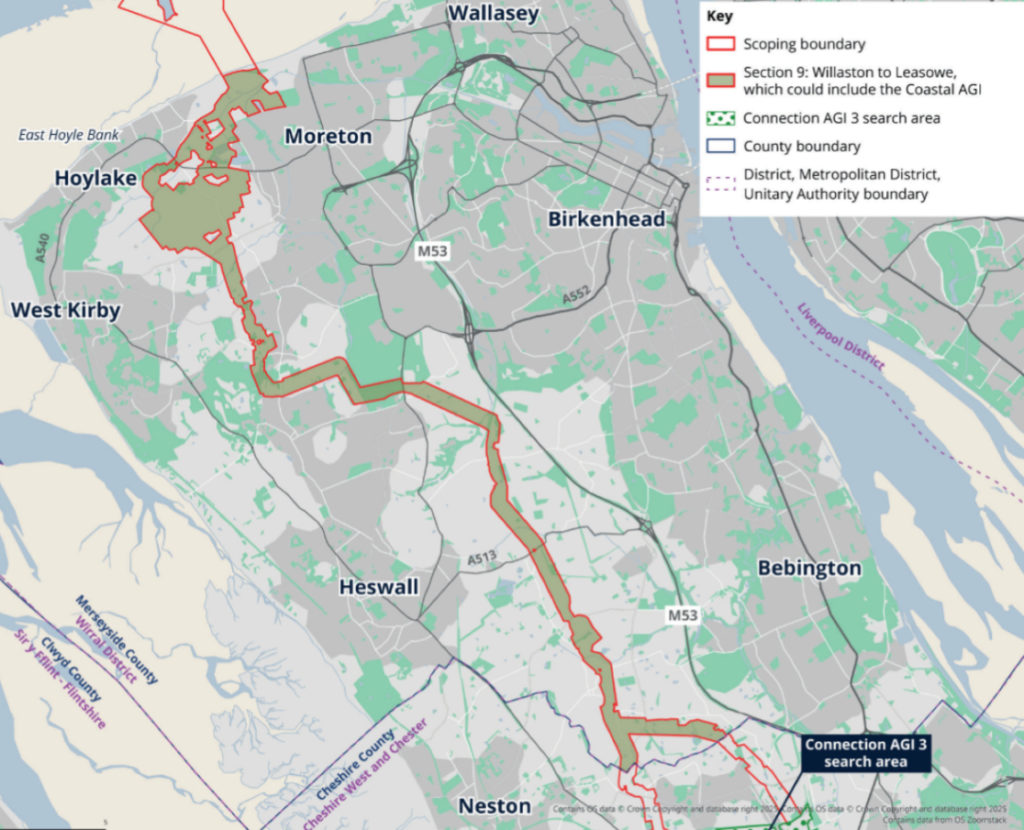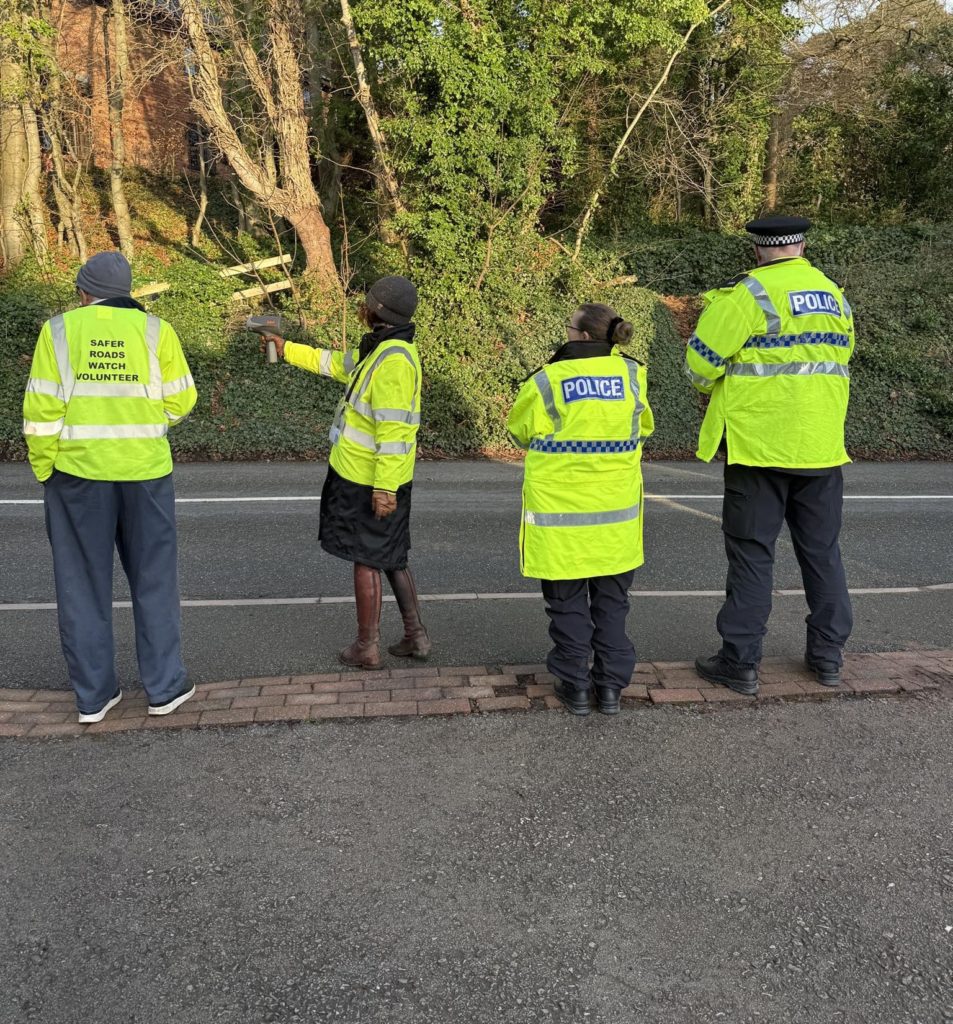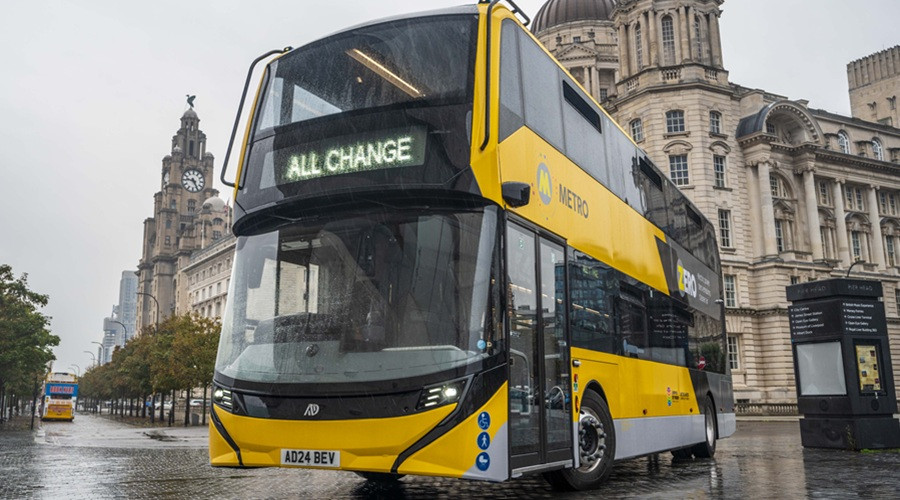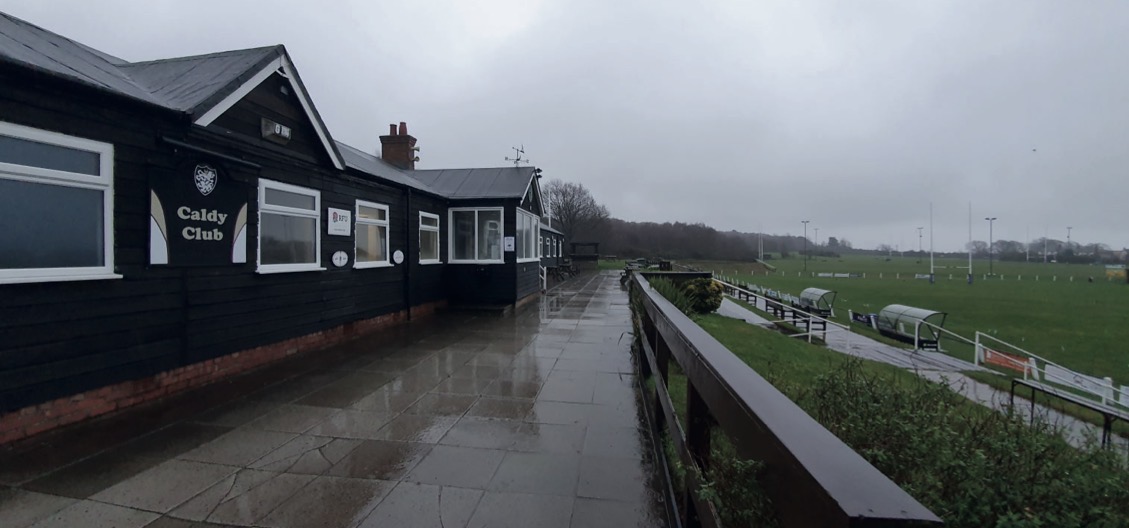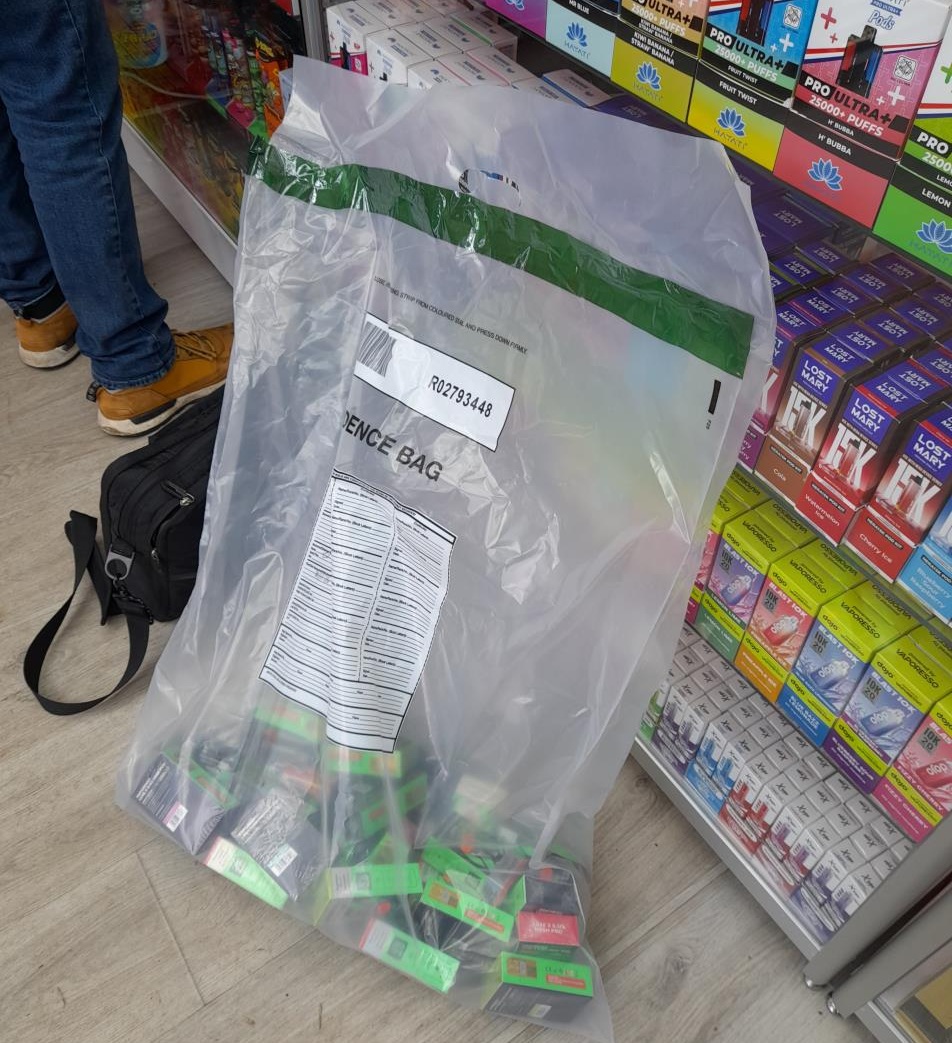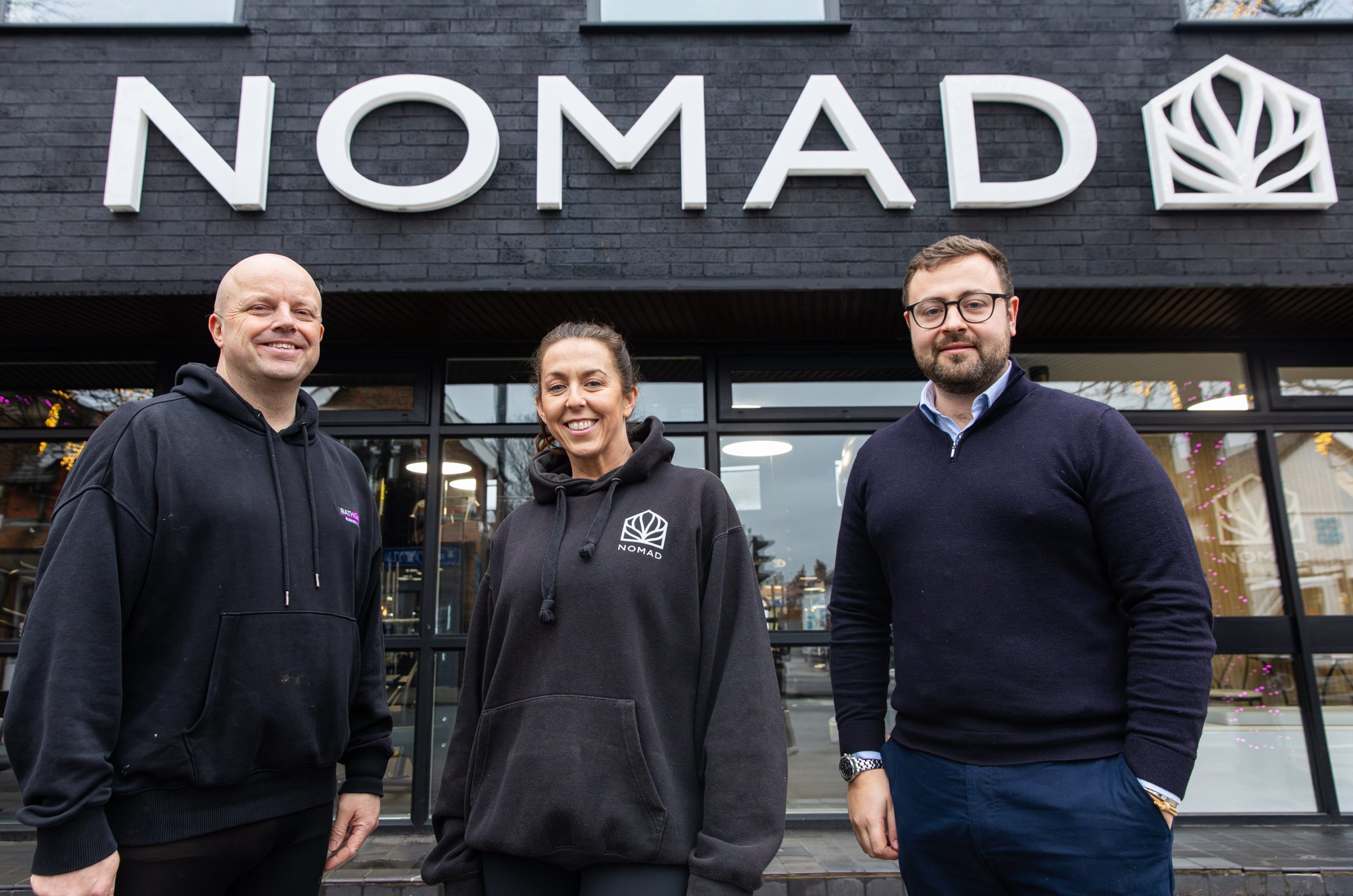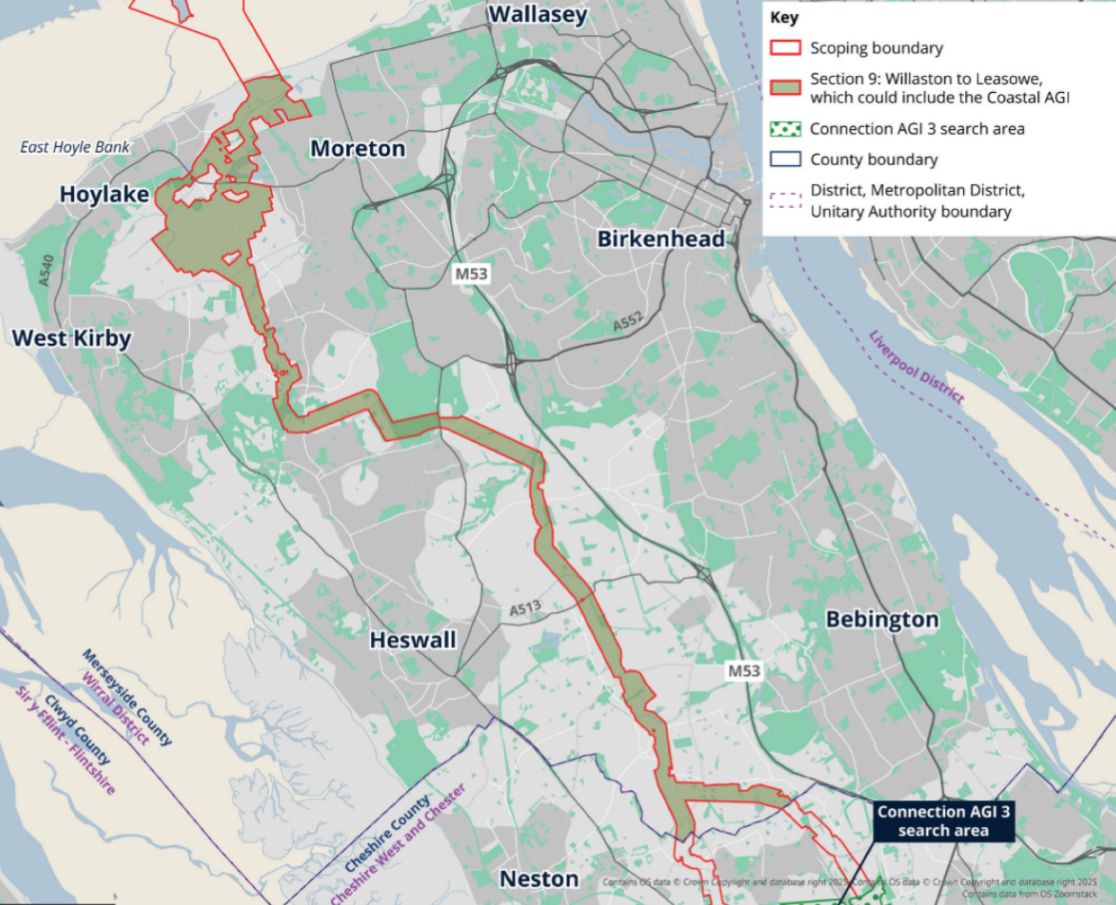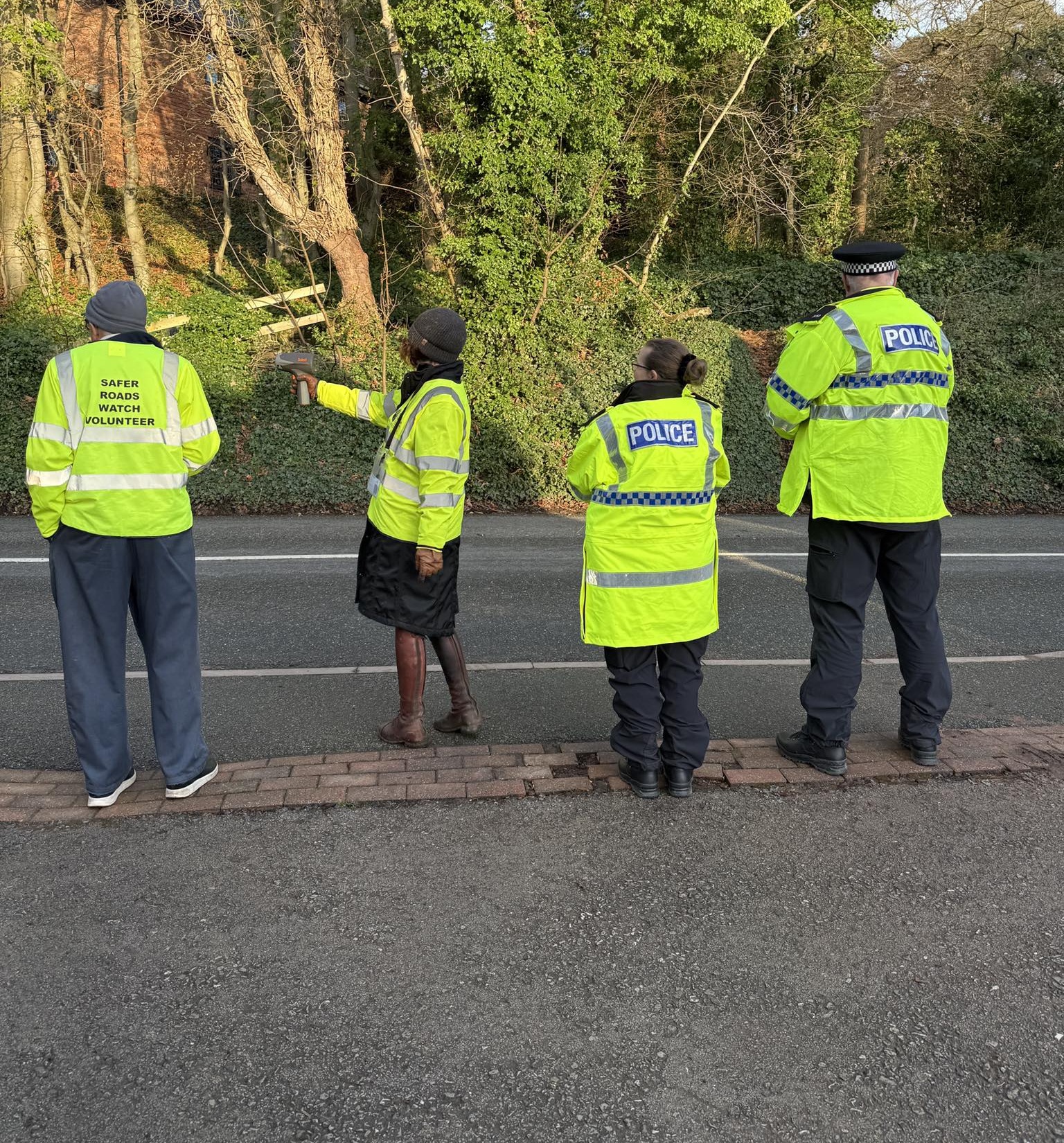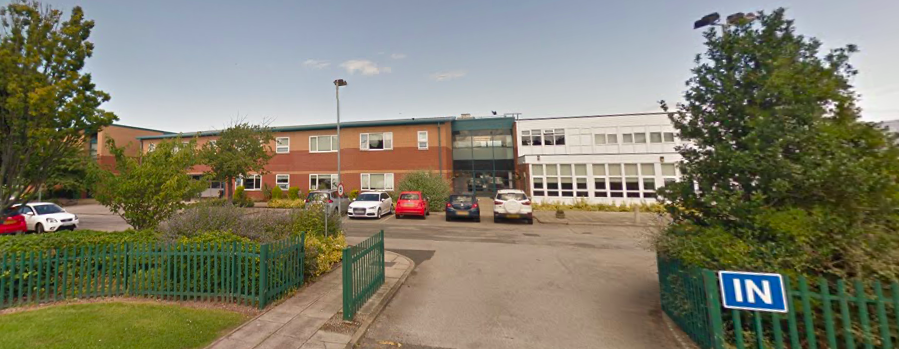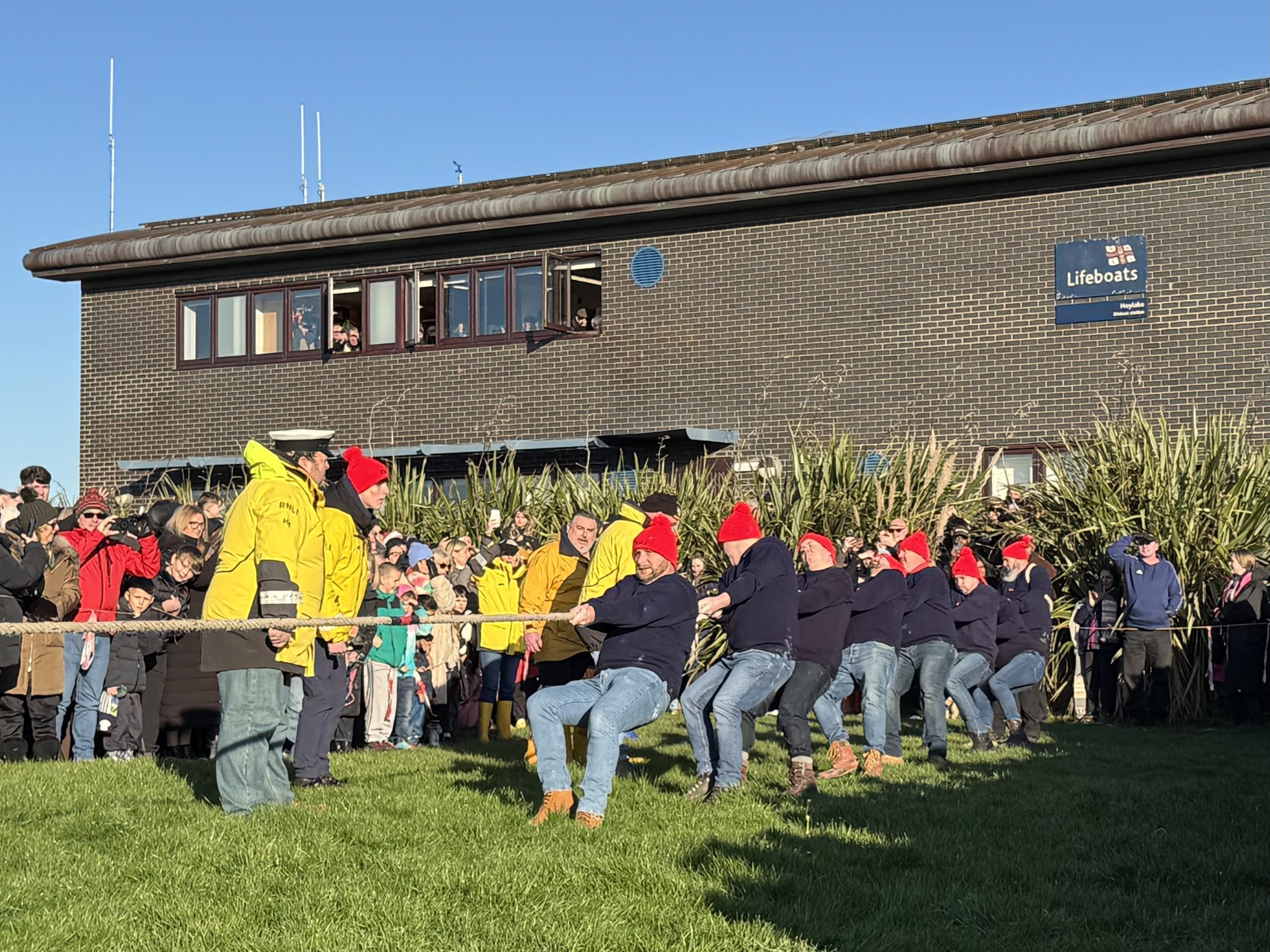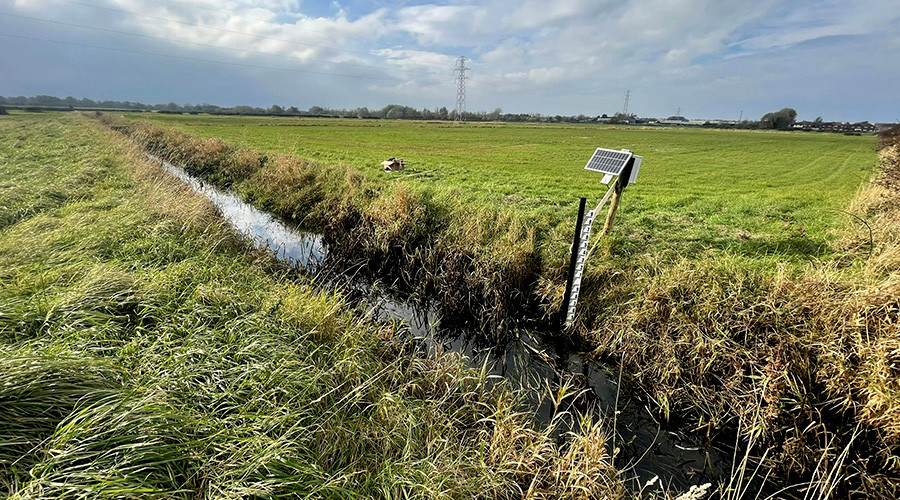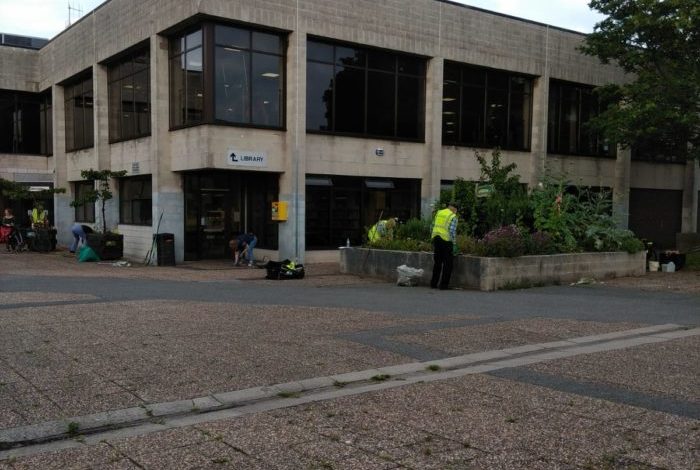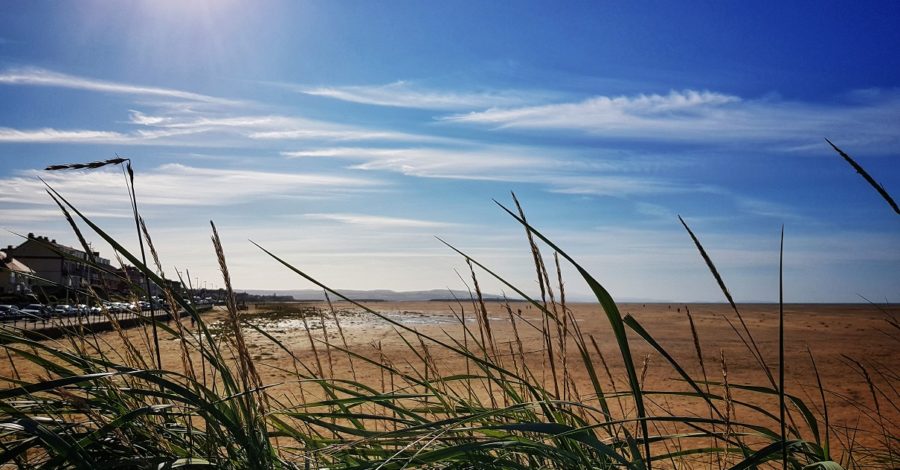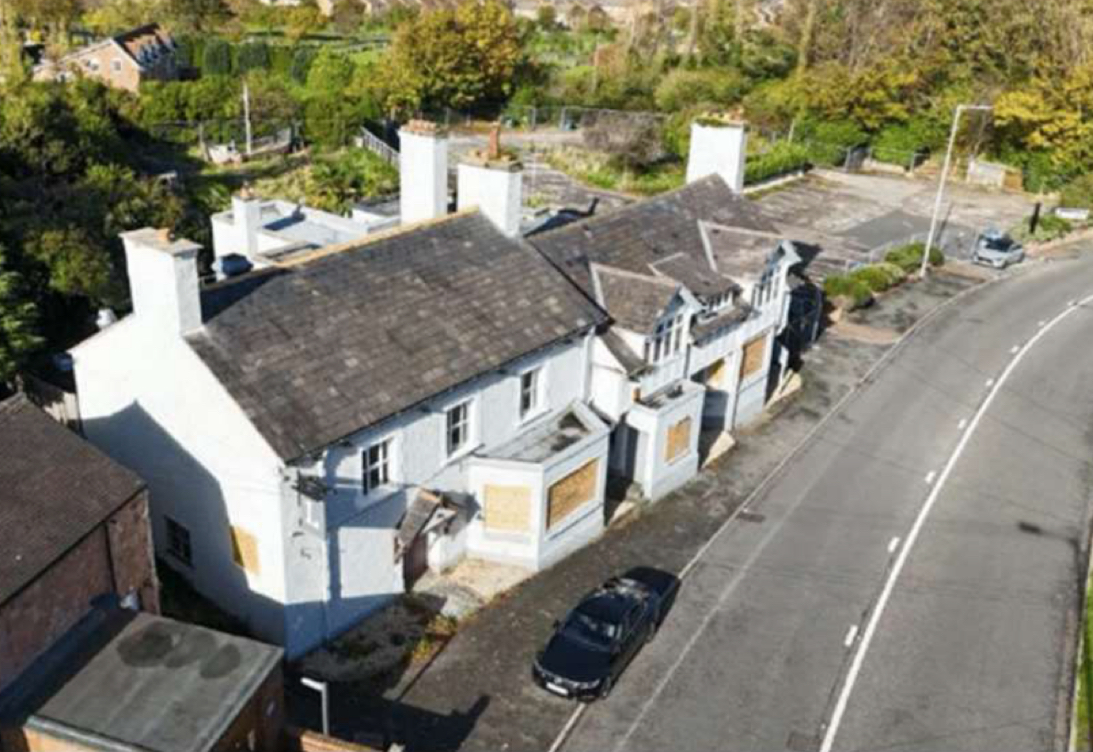Work is under way to improve the entrance to the Wirral Way in West Kirby.
It will include a gateway featuring a steam train design, to recognise the trainline that once ran between Hooton and West Kirby.
The 12 mile trainline, which closed in 1962, now forms the backbone of the park and is used by an estimated half a million walkers, cyclists, joggers, dog-walkers and horse-riders each year.
The project will also see grass banks reprofiled and a white picket fence installed at the new gateway, a nod to the fencing once used at the train stations dotted along The Wirral Way. Resurfacing work will also be carried out between the entrance and Ashton Park.
To open up the entrance and make it more accessible,the council says a small number of trees have been removed, including a storm-damaged tree and a dying alder.
They will be replaced by 16 replacements, two at the entrance, eight in Ashton Park and six elsewhere on the Wirral Way.
Cllr Liz Grey, Chair of Wirral Council’s Environment, Climate Emergency and Transport Committee, said: “A huge amount of work has been carried out to widen and resurface the Wirral Way, as well as improve facilities within the park, so it’s fitting that it will soon have a new gateway to mark its 50th birthday.
“We’re lucky to have Wirral Country Park on our doorstep and improvements like these ensure that locals and visitors will be able to safely use it for many years to come.”
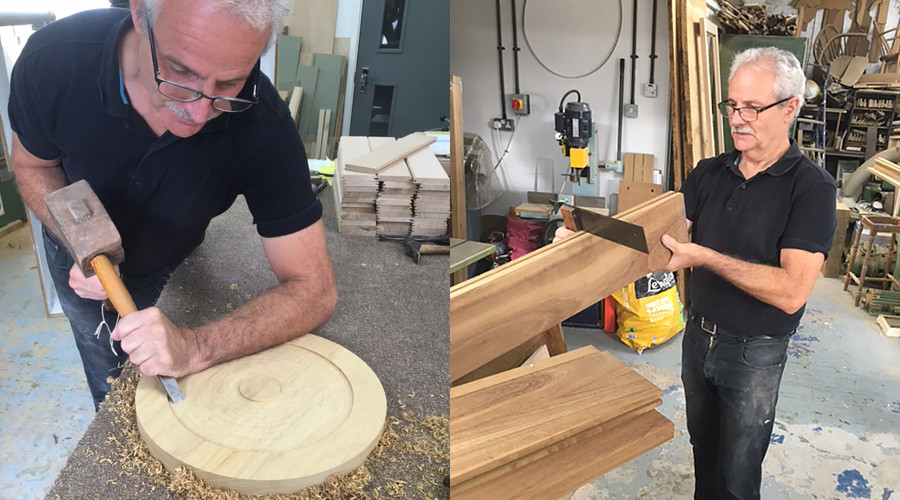
The gateway design was sketched by Wirral Country Park Manager Jo Hanik and local artist John White, who created the sign at Ashton Park, developed it to include an accurate representation of a train that would have travelled along the railway line during its heyday.
Work is being carried out by local woodworker Steve Casey, who has been running his business in West Kirby since 1984.
He said: “It is a pleasure to be part of the team working on the new gateway and all of the people involved have been passionate to do the park justice.
“The design was based on a photograph we found of one of the original locomotives and the timber will be sustainably sourced iroko, a west African hardwood that is very durable as it has a high oil content.”
The local community has been heavily involved in the project, with a number of consultations with local residents and businesses helping shape the plans, including West Kirby Rotary Club and One West Kirby.
It’s hoped the work will be completed in October.

